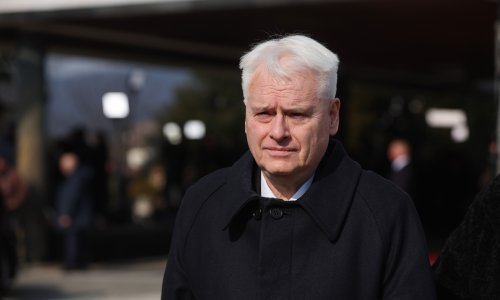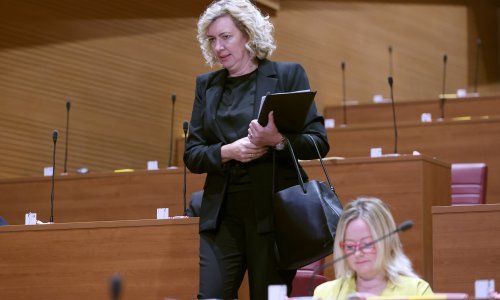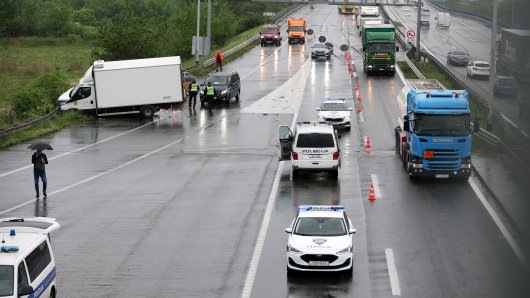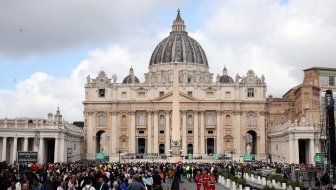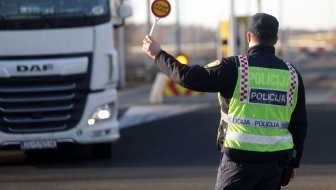In his first address to deputies in the Parliamentary Assembly of the Council of Europe (PACE) in Strasbourg on Monday, Croatian President Ivo Josipovic informed the assembly of the state of affairs in the democracy, human rights and freedoms in Croatia.
Josipovic's speech focused considerably on topics related to Croatia's European Union accession negotiations and the negotiating areas on Judiciary and Fundamental Rights chapter.
"The Croatian Government has proclaimed a policy of zero tolerance to corruption, which at one moment had seriously penetrated even the state structures and business practices," the president said.
This political decision was supported by all political options on Croatia"s current political scene, and a very significant contribution was also provided by civil society organizations, he said adding that "the results have been significant."
The president informed the PACE that several large scale corruption scandals have been detected along with a large number of suspects, some of them even in high political positions.
"We are now entering the trial stage and awaiting the results. However, even now we can say that there is an increasing awareness of the importance of comprehensive struggle against corruption in the Croatian public. I am convinced that we are on a good track in this field as well, and I shall continue to support the selected road with my own authority," he added.
When it comes to organised crime, Josipovic said that great progress was accomplished in the struggle against it.
In this context he pointed to Croatia's cooperation with neighbouring countries and to the enactment of legislation enabling the seizure of property in cases of demonstrable criminal offences.
Speaking of war consequences in the former Yugoslavia, including trials of war crimes indictees, the Hague tribunal and the return of refugees, Josipovic admitted that support to cooperation with the Hague-based UN tribunal (ICTY) had not always been present in Croatian society.
There were several stages of cooperation and non-cooperation, but they are now behind us. Today I can claim, with full responsibility, that Croatian citizens and the Croatian government have accepted the fact that cooperation with ICTY is a necessity which contributes to clarifying crimes committed in the war and bringing them back to where they belong - to the sphere of individual perpetrators of offences and outside of the impermissible sphere of collective guilt, he said.
The Croatian president stressed that no people in conflict during the early nineteen-nineties should be deemed guilty, and stressed that it was the individuals, demonstrable perpetrators of crimes that were guilty, and that they must be punished for it.
Speaking of refugee return, he said that physical insecurity posed no longer any obstacle but that difficulties in this process were seeking jobs and economic position.
Josipovic said that he wholeheartedly supported the renewed process of regional and bilateral agreement which is under way in good faith regarding the return of refugees.
He said he expected that efforts to this effect would identify satisfactory solutions allowing the remaining refugees to organize their lives in their old or new homes.
Commenting on his activities aimed at strengthening cooperation in the region, the Croatian president spoke about his visits to Bosnia-Herzegovina and Slovenia and about his plans to visit Serbia, Montenegro and Macedonia.
In this way I am realizing my deep conviction that without good neighbourly relations there is no lasting peace and stability in the region and, consequentially, no promotion of development cycles setting off economic recovery and growth, he said.
Answering questions from deputies in the assembly, Josipovic expressed hope that Croatia would wrap up its EU accession negotiations by the end of this year, and that it would join the bloc in 2012.
Croatia was admitted to the Council of Europe on 6 November 1996.





